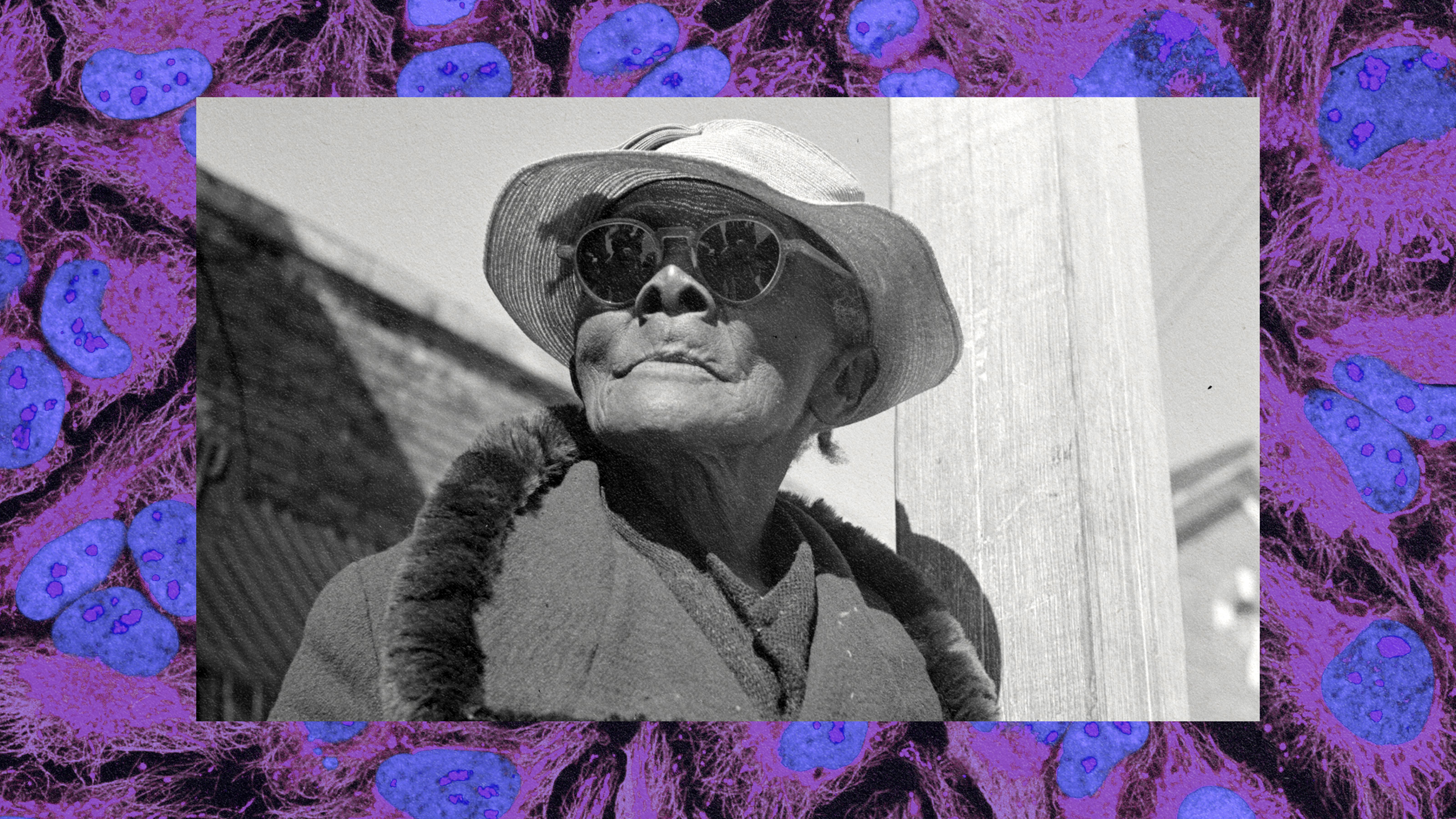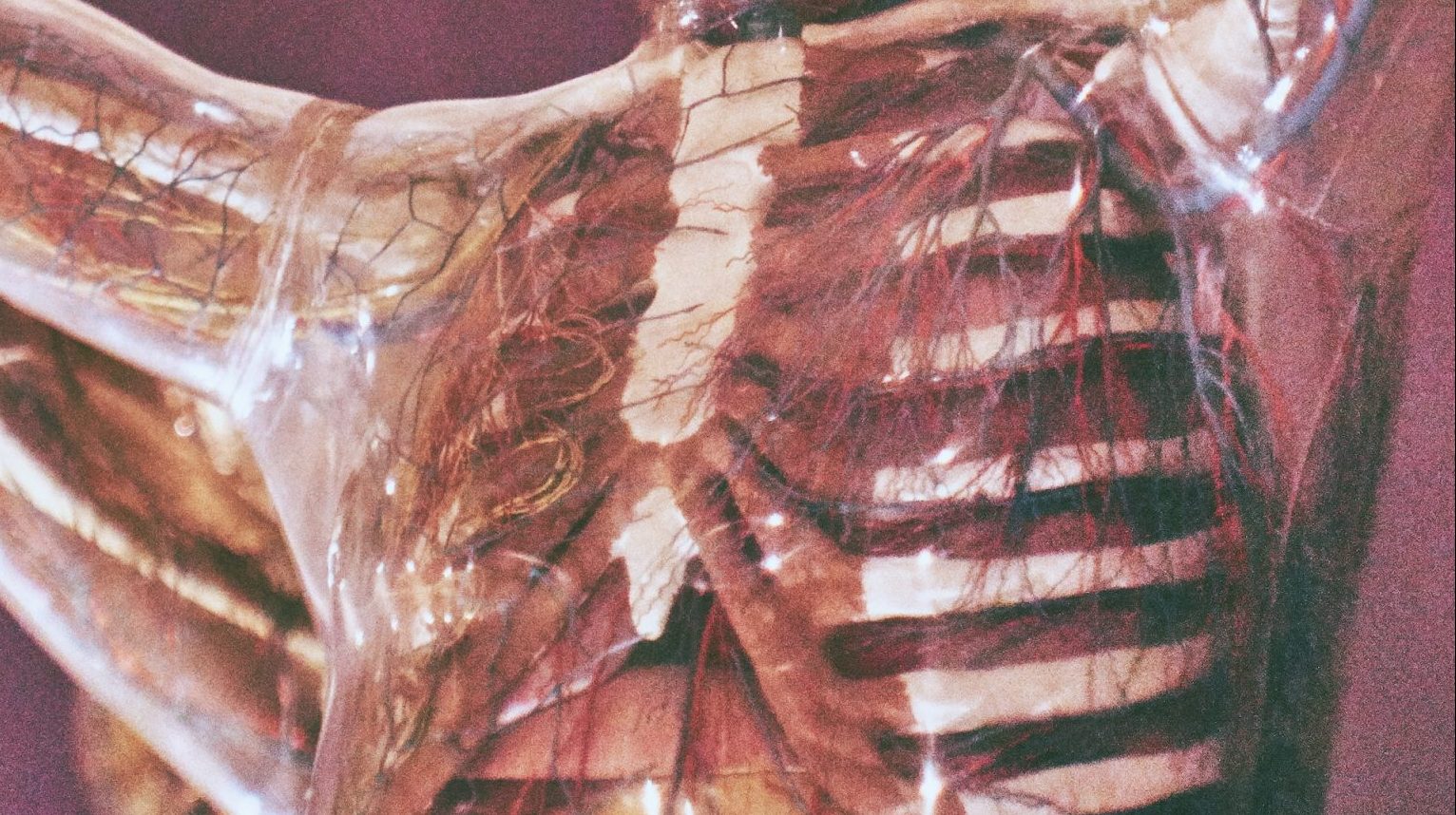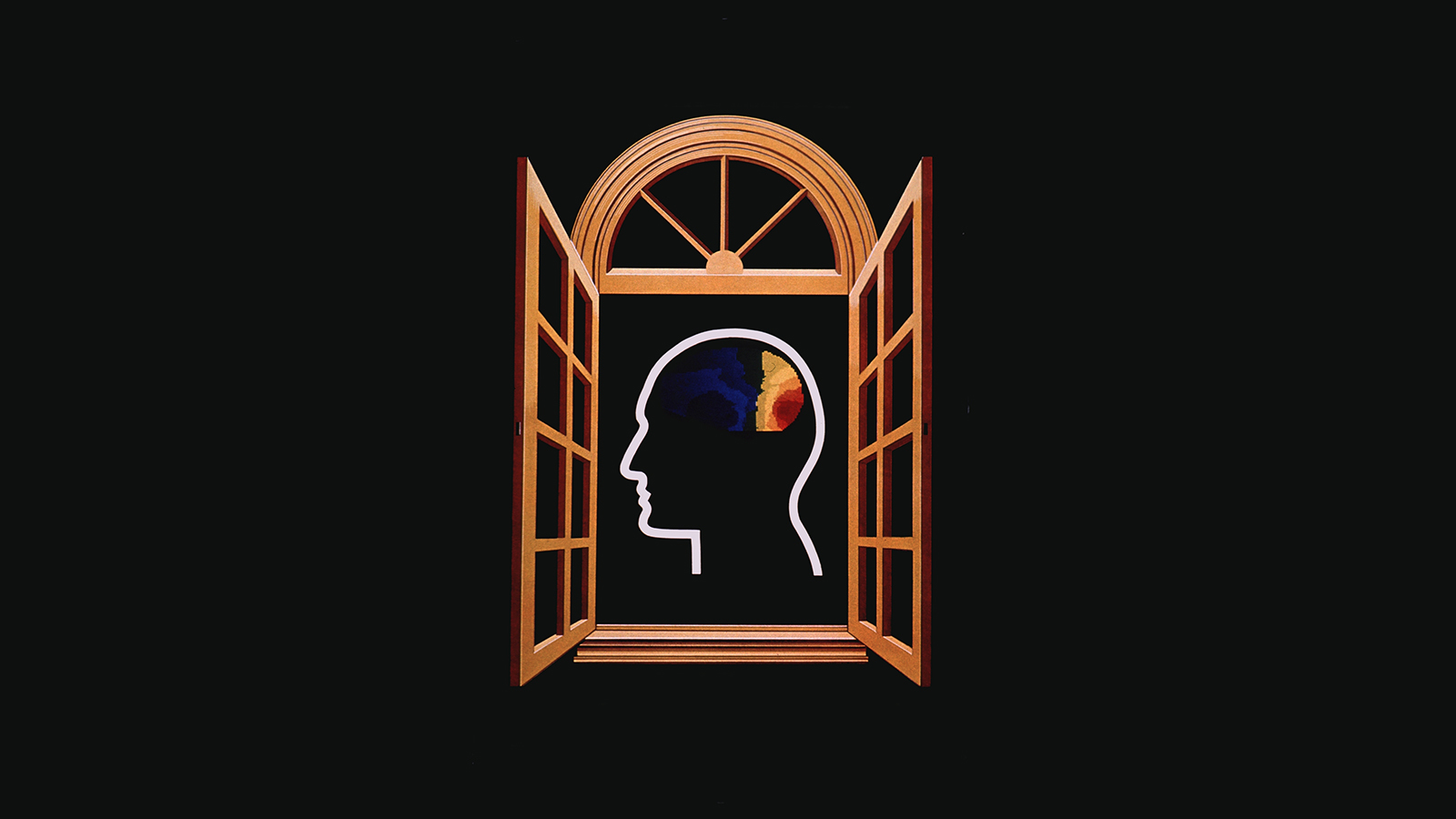Poor Sleep Linked to Alzheimer’s Disease

Scientists are slowly piecing together the puzzle that is Alzheimer’s disease, but an unprecedented wave of aging Baby Boomers may help to speed up efforts as this generation alone is estimated to make Alzheimer’s one of America’s fastest-growing and most debilitating public health concerns.
Researchers out of the University of California, Berkeley, have made progress in finding another piece to help fight against this debilitating and heartbreaking disease. They point to poor sleep as a possible indicator. Past studies have shown Alzheimer’s patients have a build-up of a protein called beta-amyloid. Researchers suggest without a restorative slumber, the brain deposits this beta-amyloid protein, which they think may start the decline later on in life.
Neuroscientist Matthew Walker, senior author of the study to be published in the journal Nature Neuroscience, said in a press release:
“This discovery offers hope. Sleep could be a novel therapeutic target for fighting back against memory impairment in older adults and even those with dementia.”
Past research focused on animal testing for the protein, but this latest study recruited 26 human subjects between the ages of 65 and 81. The researchers used brain imaging and a heap of other diagnostic tools to examine how poor sleep led to an accumulation of these toxic chemicals in the brain.
The results show progress. Lead author of the study, Bryce Mander, said:
“The data we’ve collected are very suggestive that there’s a causal link. If we intervene to improve sleep, perhaps we can break that causal chain.”
Walker added:
“Sleep is helping wash away toxic proteins at night, preventing them from building up and from potentially destroying brain cells. It’s providing a power cleanse for the brain.”
However, researchers are stumped as to which issue begins the cycle — poor sleep or the protein.
“The more beta-amyloid you have in certain parts of your brain, the less deep sleep you get and, consequently, the worse your memory. Additionally, the less deep sleep you have, the less effective you are at clearing out this bad protein. It’s a vicious cycle.”
As Ottavio Arancio, associate professor of pathology and cell biology at the Columbia University Medical Center, explains, less than 5 percent of Alzheimer’s disease cases are genetically transmitted. The disease is a consequence of aging, and doesn’t target specific demographics.
Read more at Science Daily.
Photo Credit: Shutterstock





